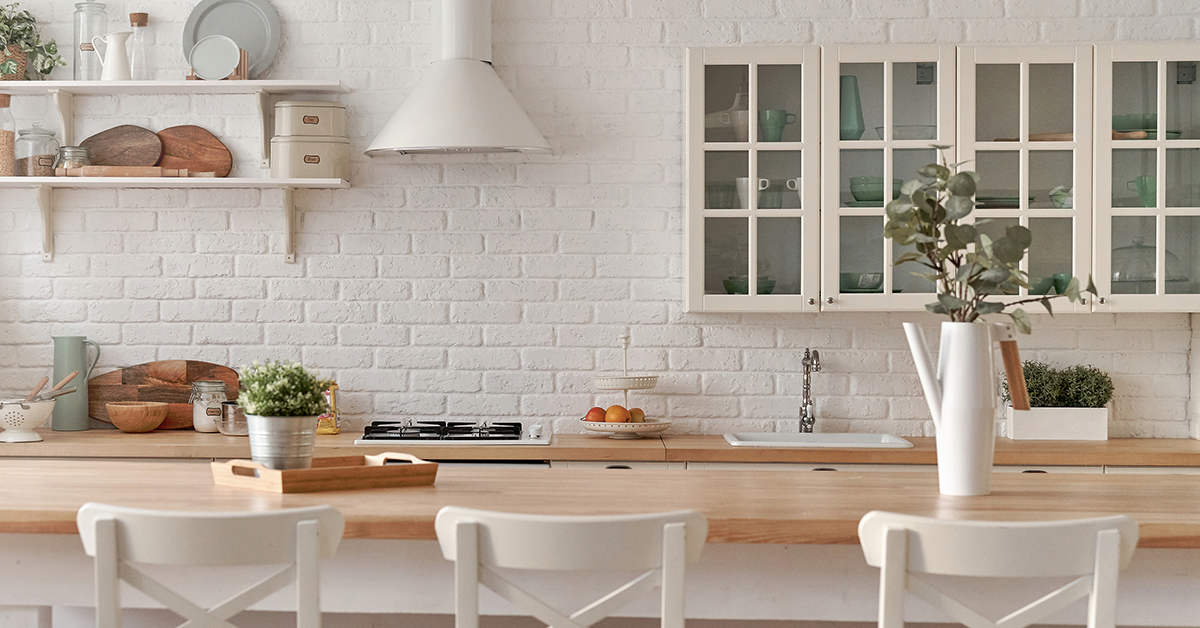
Think back. Way, way, back to March, when we were all just learning about COVID...
Every hour, there was a new update about the virus, a new round of stay home orders, and lots of predictions about how the economy would weather a pandemic. Back then, there was reasonable concern that the real estate market would crash. The uncertainty made it difficult to even imagine what would happen in the coming months if you were looking to buy or sell a home.
Fast forward to now. No, there hasn’t been a 2008-level crash. In fact, the real estate market is still going strong in many markets. Yet, there are some very big (and surprising) trends going on in our “new normal.” Here are the top six:
ONE | Inventory is still very low
The pandemic basically cut off the spring market before it could really get underway. Few wanted to open their homes to prospective buyers — though the rise of virtual tours made it possible to have the most socially distant open house ever. Still, with the uncertainty of the job market, ever-changing hot spots, and the difficulty of doing all the normal stuff to prep for a sale (decluttering, staging) during stay-at-home orders, only the most motivated sellers listed.
TWO | Interest rates remain low
One of the first big headlines of the pandemic, when it came to real estate, was when interest rates were slashed big time. Of course, many took advantage by refinancing their home. As months passed, though, the continued low-interest rates motivated prospective buyers to enter the market and enjoy the savings.
THREE | There’s a lot of competition if you’re a buyer
It’s not just locals in your market. The shift to remote work means that many people can move to an area they love, not one that is convenient for a commute. Often, these are high wage earners who can afford to submit an offer above asking price — especially if they sold their home at the right time or in a pricey market.

FOUR | Homes are selling very, very quickly
When there are fewer listings and plenty of buyers, your dream home may be a blink-and-you’ll-miss-it opportunity.
For buyers, this means that you should be preapproved (not just prequalified) in order to get your offer considered. For sellers, you may have a little more leeway on things like condition and contingencies.
FIVE | Prices have climbed
All of the above factors have pushed prices higher in most areas. In fact, 96% of cities saw home prices rise between April and June. Markets that didn’t see the same growth were generally ones that had completely shut down during that time (like New York City).
SIX | Folks are leaving big cities
While most cities are experiencing the same issues of low inventory as sellers hesitate to put their homes on the market, there’s one huge exception: big cities. Part of the reason is due to the big tech companies ordering employees to work remotely during the pandemic (and perhaps indefinitely). The other contributing factor is that prices tend to be extremely high — so if you don’t have to pay the premium to live close to your workplace, why not live somewhere else? In addition, there's a very high population density, which isn’t the best thing to have in a time of social distancing.
Let's Talk About Your Reality

What Buyers Are Looking For Right Now


.png)


